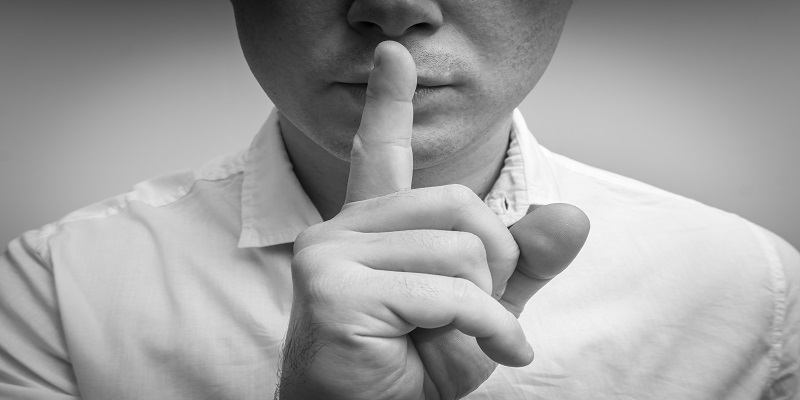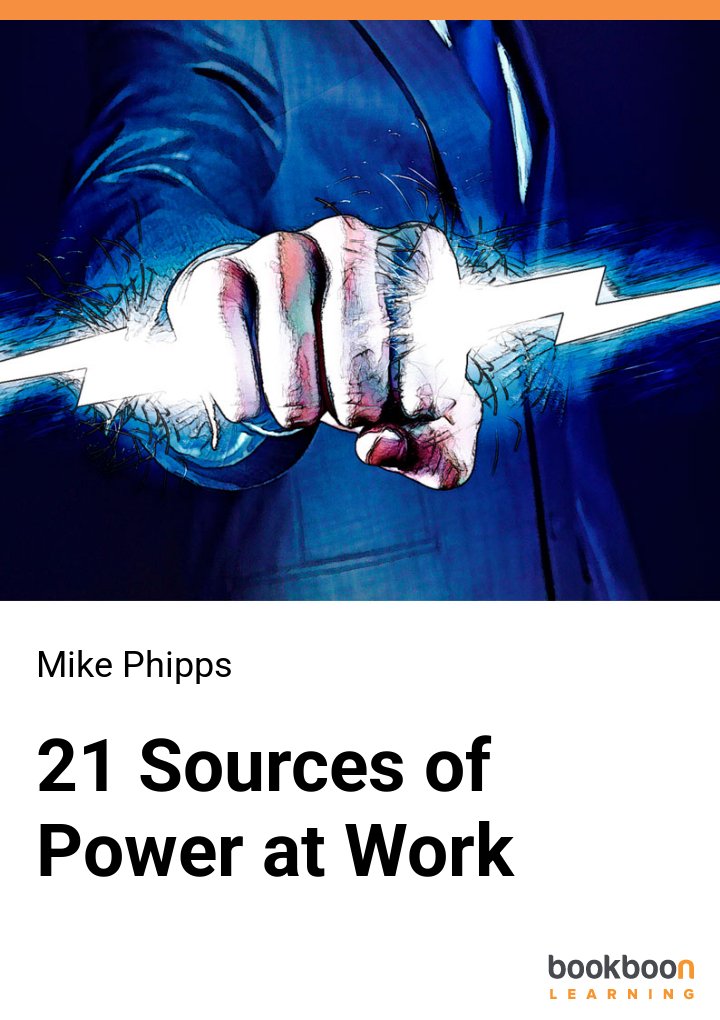Personal Power That Simply Comes From Remaining Silent

 Silence can make a lot of people feel uncomfortable, so they feel the desire to fill the void of silence with pointless chatter instead of using it as a powerful communication tool. This blog will teach you about the certain energy of Silence Power and what kind of impact it has on the significance of your spoken words.
Silence can make a lot of people feel uncomfortable, so they feel the desire to fill the void of silence with pointless chatter instead of using it as a powerful communication tool. This blog will teach you about the certain energy of Silence Power and what kind of impact it has on the significance of your spoken words.
It was a prestigious gala awards dinner at the Savoy Hotel in London. Everyone invited had made a significant contribution to making Britain Great. Sat on a round table of nine other people, Pete Townsend from the rock band The Who and Eric Clapton, renowned “God” of the blues guitar, ran through their entire repertoire of outrageous stories from the 60’s and 70’s. They held the table in rapt awe so no one paid much attention to the old guy who quietly ate his meal and listened. At one point he politely asked for more bread for his soup.
Eventually Townsend became aware of this silent, elderly man in his crumpled Sunday suit that was well past its best before date. Townsend asked him why he was here and what he had done to make Britain Great. All attention was suddenly focused on the elderly gent who shifted uncomfortably.
He spoke directly to Townsend but everyone listened while in modest, matter of fact tones he told of how he had been a Spitfire pilot during WW2. He had been shot down over France, captured, escaped back to England and then joined Bomber Command for whom he flew over 50 missions and collected a Victoria Cross when he crashed and burned over Germany, but still managed to get the crew back home. He said all this with a humility and complete absence of the hubris that Townsend and Clapton had displayed. He had waited and earned the respect that he deserved by skilfully demonstrating Silence Power.
Meanwhile, in our workplace, we can do the same. If we are in a forum where we are known to have something to contribute, some expertise or perhaps a strong view, the longer we remain silent just listening to the debate, the more curious and unsettled some people get about our silence.
If we watch, listen and wait, we can take in the positions and arguments of our opponents. Our silence can make them uncomfortable and perhaps begin to fluster. We gather information and wait, just like the Spitfire pilot, for the moment when speaking will have the most impact after exercising our Silence Power.
Positive Use of Silence Power
When we act with positive intent and are waiting for exactly the right moment to contribute.
Abuse of Silence Power
When we remain silent when we should come to the aid of a colleague in need but we deny them our support, leaving them to flounder and to fail.
The Hint
Abraham Lincoln, 16th President of the United States said that it could be: “Better to remain silent and be thought of as a fool, than to speak out and remove all doubt.“ But I would equally argue that to have something profound and influential to contribute but to wait in silence for exactly the right moment to speak is to skilfully use Silence Power.




